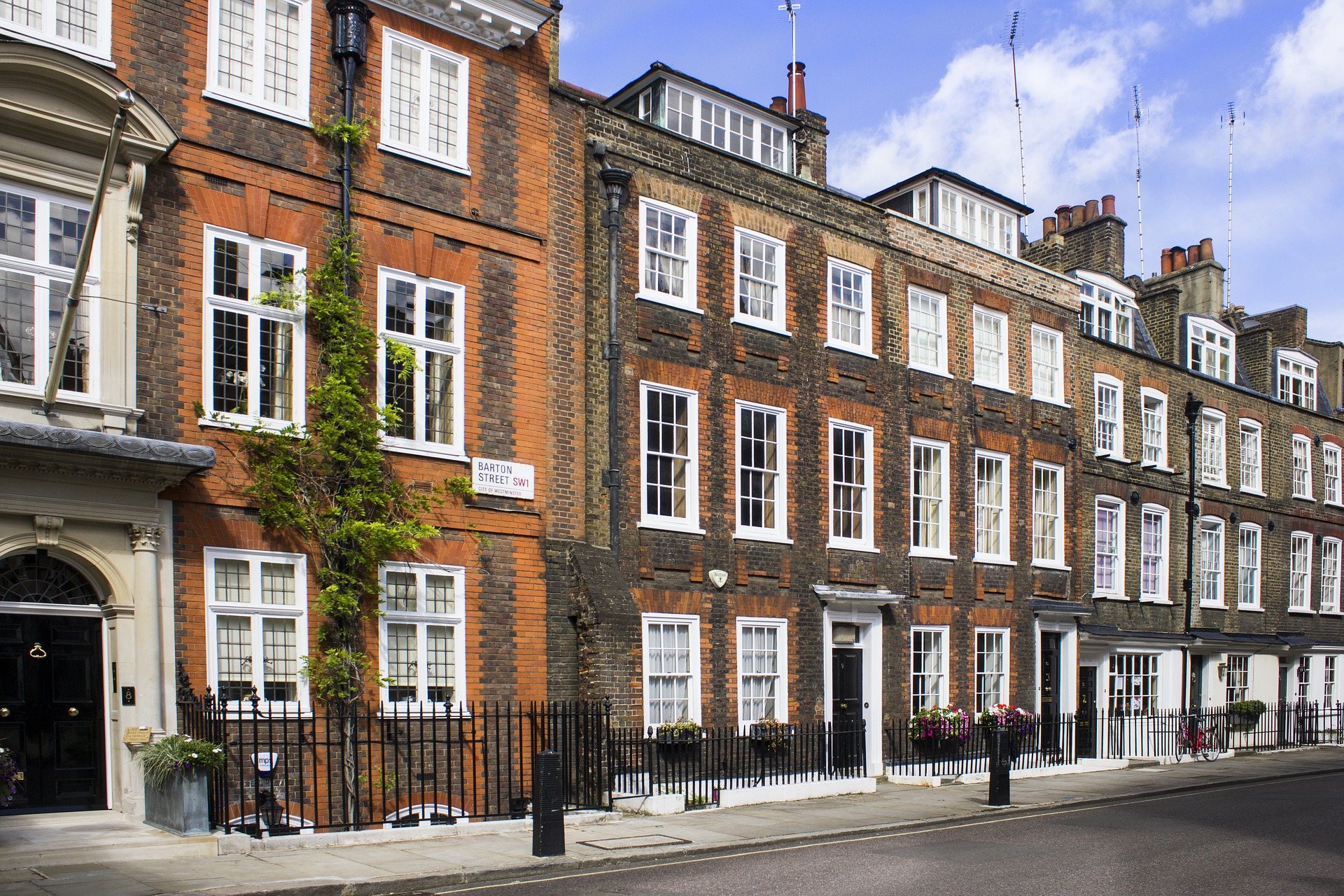London house prices grew at their fastest rate in 15 months in December following Boris Johnson’s election win, official figures showed today, as UK house prices also rose.
Homes in the capital enjoyed a 2.3 per cent rise to £484,000 after a 2019 full of falls, according to the Office for National Statistics (ONS).
The south east also posted growth of 1.2 per cent, the UK’s lowest rate of growth.
London house prices jump
“London has languished at the depths of the house price rankings for months on end but has… shifted through the standings considerably,” said Marc von Grundherr, director of lettings at Benham and Reeves estate agent.
“If ever there were a sign that the tides are turning, this is it, and it won’t be long before London starts to lead from the front once again.”
Jamie Durham, an economist at PwC, hailed London’s post-election jump after the capital’s rate of growth sank compared to the north’s.
“Price growth in London in particular has rebounded,” he said. “This may suggest an end to North-South divide in house price growth that has been evident over the last couple of years.
“Price growth rates have been trending upwards since the middle of 2019. It appears that greater certainty in the economy, particularly related to the Brexit agreement and General Election result, has unlocked pent-up demand and helped push up prices.
“Assuming everything goes smoothly during the transition period, and the economic environment remains resilient, we expect continued positive house price growth in 2020.”
All regions climb in house price bounce
UK house prices climbed 2.2 per cent on an annual basis in December to beat November 2019’s 1.7 per cent growth rate. But they only rose 0.3 per cent on a month by month basis.
The average UK house price stood at £252,000 in December 2019, according to the ONS.
It is the first month since February 2018 that all UK regions posted a growth in house prices.
Yorkshire and the Humber experienced the highest rate of growth at 3.9 per cent. The east Midlands enjoyed growth of 2.8 per cent, and the West Midlands rose 1.4 per cent.
“In particular London has returned to strong growth,” said Yopa property analyst Mike Scott. He hailed the 2.3 per cent rise as London’s best since September 2017.
“London’s average price of £482,842 is also a new record, beating the previous high of £479,942 from February 2018,” he added.
“We anticipate that it will continue to strengthen over the next few months as the renewed market confidence following the decisive election result feeds through into completed sales.”
‘Normal service resumed’
“Normal service has most definitely been resumed,” added Jonathan Hopper, managing director Garrington Property Finders.
“Such a resounding return to normality at the end of 2019 shows just how far the housing market has come since the dark days of a year ago.
“London, for so long the fallen idol of the national property landscape, has powered back not just to growth, but to become the fourth best performing English region in 2019.
“Both buyers and sellers appear to have a renewed sense of clarity and purpose, and in many areas prices are playing catch up.”
‘Nationwide revival’ underway
Sam Mitchell, CEO at online estate agent Housesimple, added that today’s figures amount to a “nationwide revival”.
“This positive sentiment has continued into 2020,” Mitchell said. “Buyers have flocked to the property market with more gusto thanks to the so-called Boris boom and greater clarity on Brexit.
“The months of March to June are typically when we see a real boost in buyer activity, though this spring awakening appears to be starting a little earlier this year.”
UK house prices rise at end of 2019
UK house prices have bounced back since the turn of the year after a subdued 2019.
Prime Minister Boris Johnson’s General Election victory has been credited as a major driver behind a 4.1 per cent rise in house prices recorded by Halifax for January.
That increase led accounts EY to raise their forecast for housing market growth in 2020 from two per cent to 2.8 per cent.
But major factors like the Brexit trade deal talks, which must conclude by the end of 2020, are still putting downward pressure on UK house prices.
And Howard Archer, chief economic adviser at EY, today sounded a note of caution on 2020 house price growth.
“However, the economy still looks set for a pretty challenging 2020 and there will still be appreciable uncertainties,” he said.
“The upside for house prices in 2020 is likely to be limited. Additionally while the fundamentals for consumers should still be pretty decent in 2020, we suspect that earnings growth will be below the peak levels seen around mid-2019 and that employment growth will be slower overall.”
Today’s UK house prices data arrives after Rightmove predicted a spring bounce that could set new house price records from March.
Rightmove director and housing market analyst Miles Shipside said: “There is a boom in buyer activity outstripping the rise in the number of new sellers, which we expect to lead to a series of new price records starting next month.”
By Joe Curtis
Source: City AM

